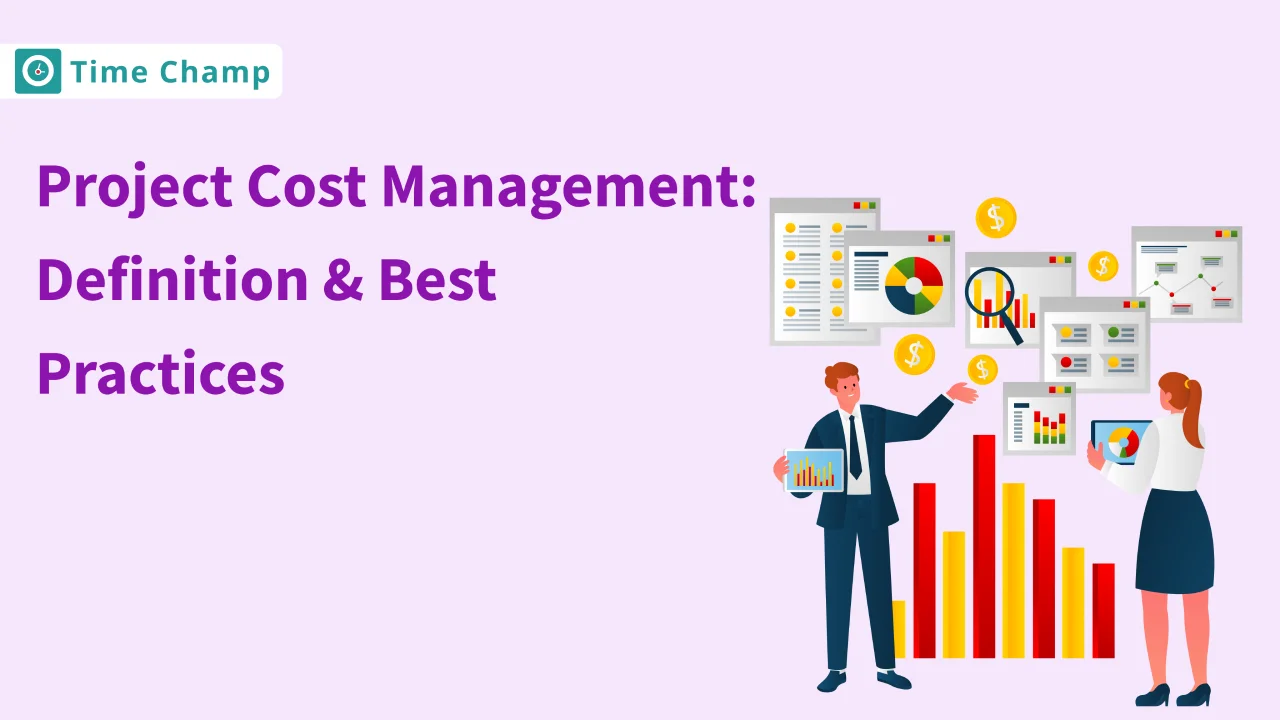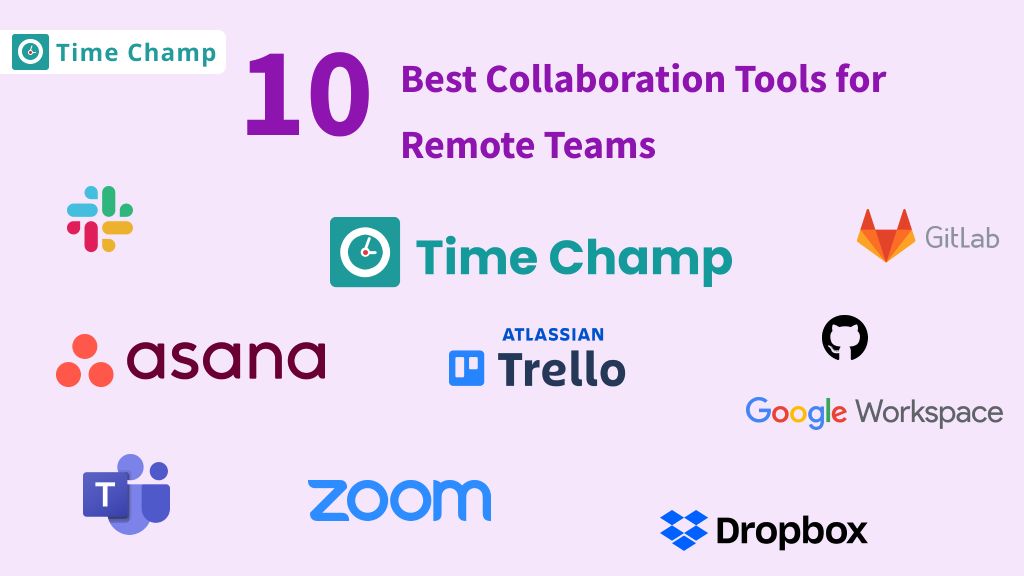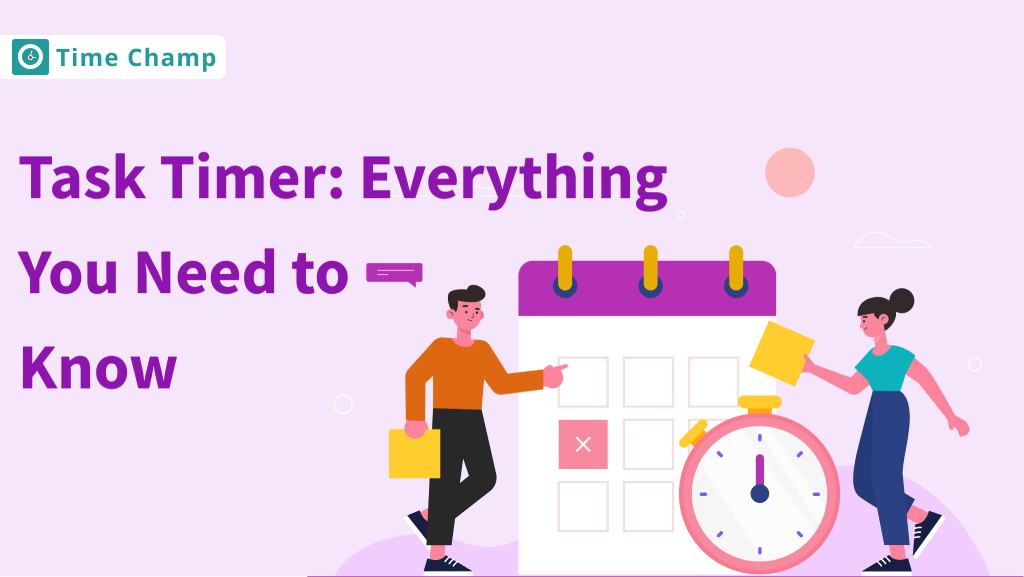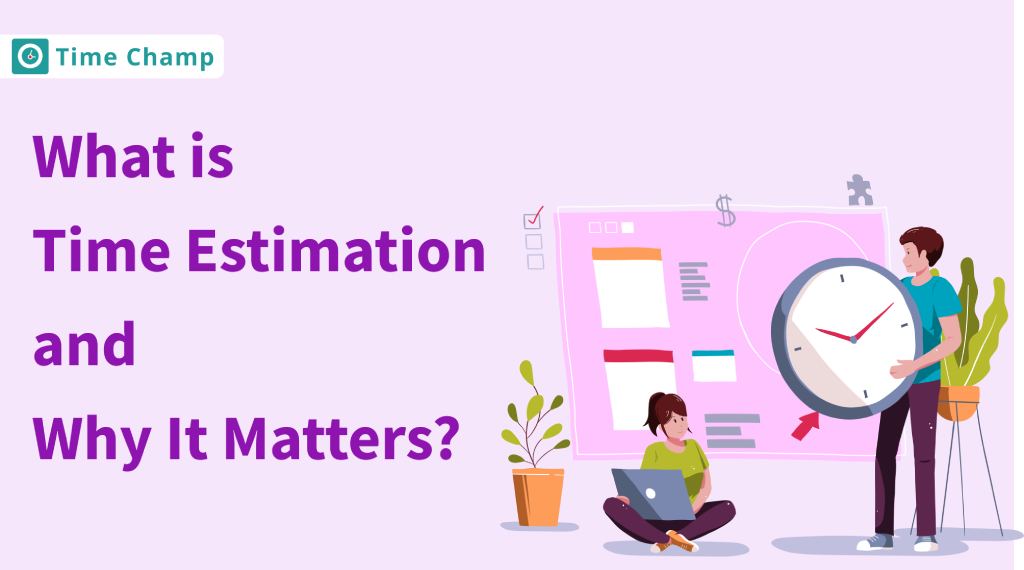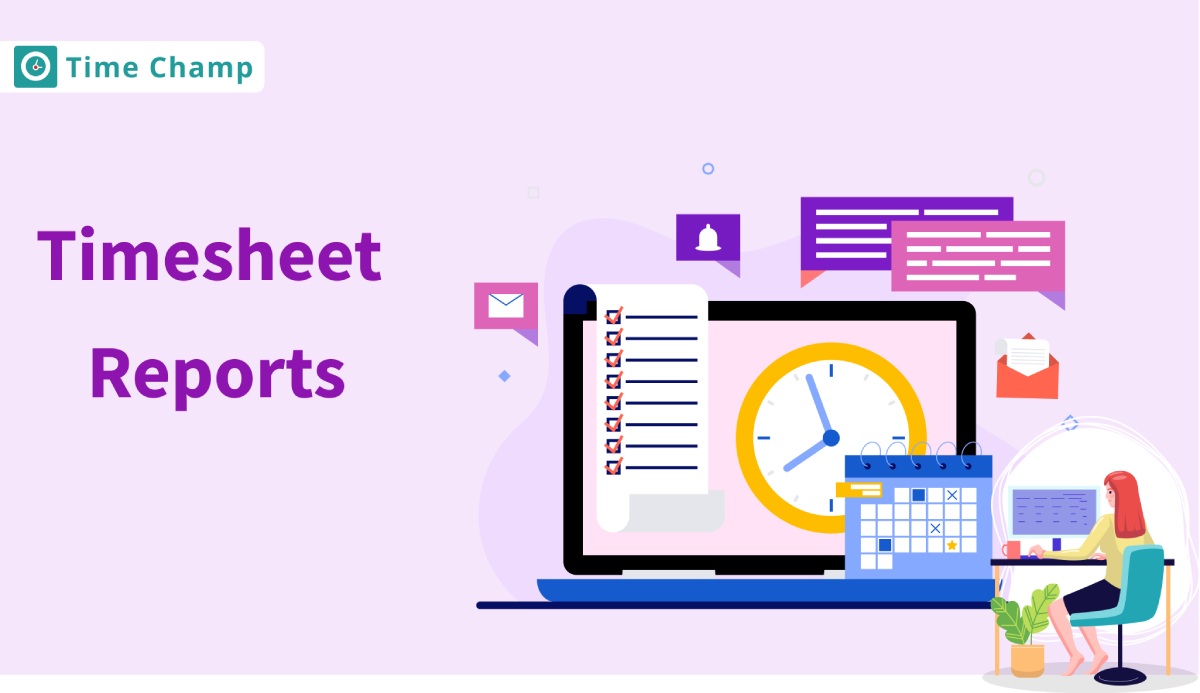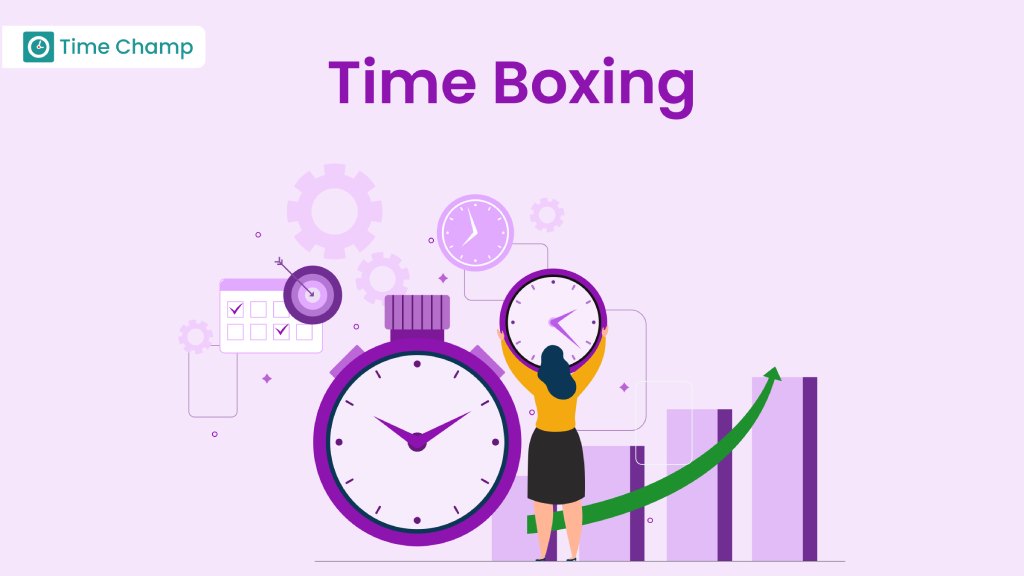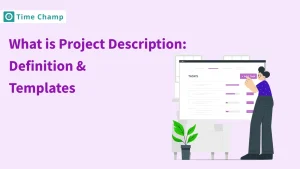What is Project Cost Management?
Project Cost Management is about organizing, budgeting, and monitoring costs to ensure that the project is completed within the budget and attains its goals. This process is crucial because it includes cost estimate, budget creation, and spending management, to make sure that the budget is not exceeded.
The main objective is to maximize the benefits of a given amount of money. This includes good cooperation and effective communication among the team members throughout the entire project. The cost management techniques will allow a company to project its future costs, maintain the budget under control, and avoid overspending.
At the beginning of the project, we draw up a budget which is then approved before we can start. Throughout the process, we track spending against the budget plan. Conclusively, the last part of the project is to contrast the actual costs with our initial estimates.
What are the Main Elements of Project Cost Management?
Project Cost Management is a tool which is based on the following components to get budget control.

1. Project Clarity and Transparency:
Be sure that the plan is transparent for everyone so that they know what tasks and roles are assigned. This transparency is the key to estimating the costs and resources needed for the project. Using simple terms to write, guarantees that everyone is on the same page, hence making the plan easier.
2. Progress Assessment:
In project cost management, performance measurement is about evaluating how well you’re doing in terms of your goals, milestones, and tasks. For example, the percentage of completion is a measure of how much work is done as compared to what is necessary. This includes monitoring the budget, schedule, quality of the work, and meeting goals. Managers employ this to know where the project stands with its goals so that they can make smart decisions and correct things in time to deliver the project successfully. It is a very crucial task for following progress, finding ways of improvement and, of course, achieving success.
3. Level of Precision:
The accurate control of project costs is the key to the fair distribution of resources and the stability of the financial situation throughout the project period. When cost estimates and budgets are accurate, chances of spending more than expected or being faced with unforeseen expenses are minimized, and thus budget issues are prevented. Such accuracy allows the project stakeholders to make decisions based on reliable financial data and therefore it is easy to plan and implement project tasks.
4. Managing Expenses Effectively:
Organizing your project costs is like managing your finances by ensuring that you don’t get beyond your financial limits. It is synonymous with doing price analysis and verifying that they are in line with your budget. If some of the facts are wrong, you should correct them immediately. It is one of the methods that help to restrain unreasonable spending and hold the budget stability on your goal, which leads to its achievement.
What Steps Are Involved in Creating a Comprehensive Project Cost Plan?
The steps in making cost management in project management are the basis for the project’s success and its long-term sustainability.
- Resource Allocation: Allocation of resources in the right proportion will guarantee that the required resources are available at the right time, thus making the best use of the resources and cutting down unnecessary spending, thereby enhancing project efficiency.
- Estimating Cost: Cost Estimation is one of the important elements in the planning of projects which gives an insight into expenditures. It helps managers to provide the resources needed and budget perfectly. Accurate estimates of the need for resources promote evidence-based decision-making. It limits financial risks which prevents projects from deviating from their budgets and eventually achieving set goals.
- Budget Development: The budgeting technique requires thinking of various factors such as the value of materials, labour, and overheads. When project managers examine those points, they could lay out a financial plan that covers all the essential assets and progressively allocates price ranges. This budgeting technique improves decision-making with the aid of presenting a clear view of anticipated expenses and finding methods to keep the cash.
- Cost Control Measures: The cost control measures we take help us allow for the early detection of project expenses that are beyond the budgeted amount, which helps to keep the project on track financially.
- Project Clarity and Transparency: Be sure that the plan is transparent for everyone so that they know what tasks and roles are assigned. This transparency is the key to estimating the costs and resources needed for the project. Using simple terms to write, guarantees that everyone is on the same page, hence making the plan easier.
- Work Breakdown: Divide the project into smaller tasks so that it will be easier to see what needs to be done. It then becomes easier to determine how much each task will cost and to ensure that all resources are included in the budget. In this manner, nothing gets left out and the project is managed more efficiently.
How to Calculate Project Cost?
Calculating the cost of a project involves the amount of money that will be required to undertake the project and the workers, materials, and other things that may be needed to complete the project. It is important in project management since it is used to determine how money is to be spent, how resources are to be allocated and how decisions are to be made. Cost control is also important during the project as it helps to make sure that the project is completed successfully and on time.
1. Define Project Scope:
Describe what the project will produce and the boundaries of the project. List all the products of the project.
2. Identify Tasks:
Use a Work Breakdown Structure (WBS) to decompose the project into smaller components. It is important to identify the beginning and the end of each task.
3. Estimate Resources :
- Human Resources: Estimate the number of individuals and the type of skills needed for each activity.
- Materials and Equipment: Determine all the hardware and the necessary software for the project.
4. Estimate Time:
Estimate the time required to complete each task to know how long it will take. Historical information, the opinions of knowledgeable people, and estimation methods such as PERT (Program Evaluation and Review Technique) or CPM (Critical Path Method).
5. Assign Costs:
- Labour Costs: Estimate by multiplying the time estimate by the wage rate. It may be helpful to add indirect expenses associated with work.
- Material Costs: Determine the cost of all materials and equipment needed.
- Other Costs: This should include costs like travel, training, and any third-party consultant fees.
7. Determine Total Task Costs:
Sum the labour cost, materials cost, and other costs for each task to obtain the total cost for each task.
8. Consider Indirect Costs:
- Overheads: These should be the costs that are not directly traceable to a particular job like administration, facilities, and utilities.
- Contingency: Include a buffer amount to account for additional expenses. A standard contingency is between 5% and 20% based on the risk of the project.
9. Aggregate Costs:
Sum up all task costs and indirect costs to get the total project cost.
10. Review and Adjust:
Present the cost estimate to all the stakeholders and make changes where required after receiving feedback and further information.
11. Monitor and Update:
During the project, actual expenses should be compared with the estimated costs and the project budget and plan should be updated accordingly.
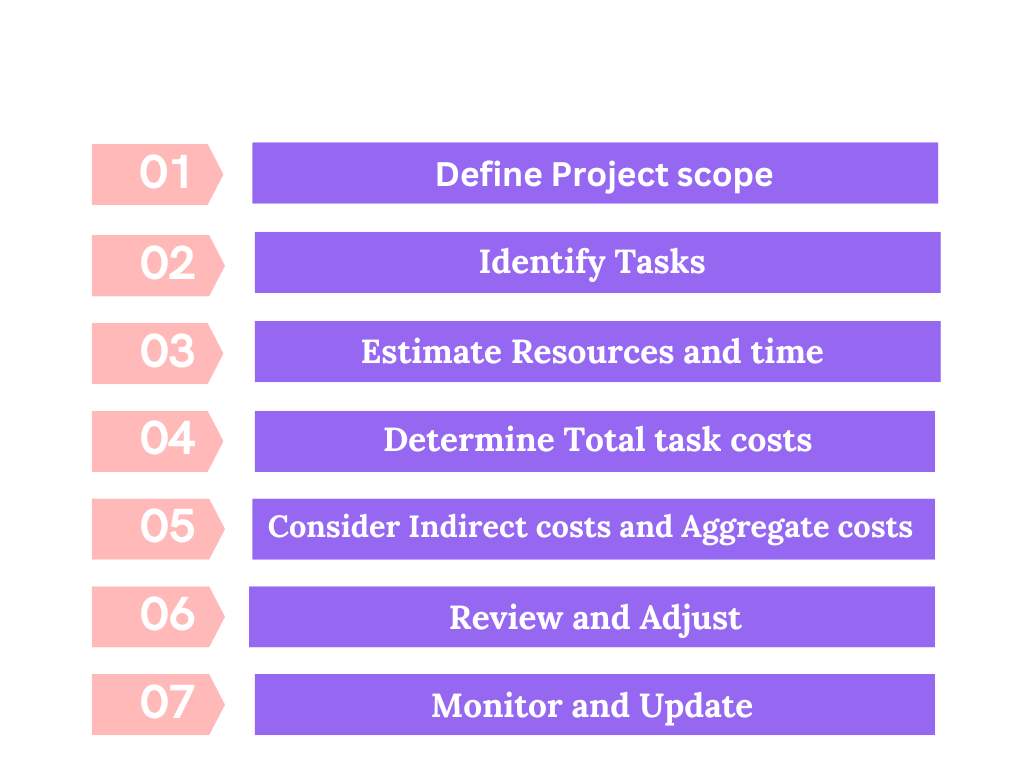
What are the Best Practices for Effective Project Cost Management?
There are a variety of best practices for effective cost management in project management, that are crucial for the success of the projects. It assists in things being clear and transparent, whereby every one of those involved understands where the money is coming from and how it is spent.
1. Thorough Planning
Thorough planning for the success of projects is important and it starts with the creation of a detailed project plan. This plan includes important aspects such as the exact calculations of expenses, the accurate allocations for the budget, and the strategic funds for backup purposes. The project will have a smooth flow and cost management by listing all the essentials in detail.
2. Regular Monitoring:
The constant monitoring of projects is one of the key roles in project management. It involves being very careful about project spending and always checking it against the budget to quickly detect the signs of overspending. Consequently, by being mindful and rapid in responding to budgetary variations, project teams can immediately resolve budget problems. Hence, to make sure that the project stays on track and within financial limits.
3. Risk Management:
Risk management is one of the most important parts of it. This requires us to identify the potential issues that may cause financial losses and devise ways to handle them. While teams get ready for problems and plan how to tackle them, they are better equipped to solve them and the project will run more smoothly without going over budget. It helps to respond to unpredictable factors and to finish everything successfully without the extra cost.
4. Communication:
Communication is so important for the project to be successful. It is about making sure that everyone who is part of the project is kept updated about expenses and any modifications to the budget. Clarity in communication makes teams work together better, increases communication effectively and everyone stays on the same page as they strive to achieve the project’s objectives.
5. Change Control:
Change control means to define a framework that is to be used to handle any changes in what the project is about or what it requires. This way we can prevent costs from rising uncontrollably by checking any modifications, big or small, before they are implemented. A project plan allows the team members to assess the effect of changes and make well-informed decisions to keep the financial risks low. This is a sure way for the project to run smoothly and achieve the desired results.
6. Continuous Improvement:
Keep an eye on the plan of your project’s cost management and also adjust it whenever necessary. Apply what has been learned from previous projects to do accurate cost estimation and implement better financial practices in future projects. By staying proactive with the lessons learned from past projects you can improve financial efficiency and the project’s overall success.
7. Utilization of Technology:
Using technological tools simplifies the procedure of following the costs of the projects. The project management software gives you cost updates in real-time and assists you in making the best decisions based on the reports. By using these instruments, you can do expense management in a very effective way and you will make sure that the whole project will stick to the budget.
8. Incorporate with Other Project Management Procedures:
It is essential to apply cost management techniques to different project management processes. An effective budget is based on how scope management, schedule management, quality management, and risk management are taken care of. These areas reflect the time frames and the cost details that are to be factored into the accurate cost estimates and budgets.
Drive project success through cost management
Unlock peak efficiency with Time Champ. Revolutionize project cost management, save time, and soar ahead. Start now!
Signup for FreeBook DemoWrap Up
Project Cost Management is an important aspect in a bid to ensure projects are completed on budget. It requires planning, budgeting, and expense tracking to achieve set objectives. There are some important steps for this like defining the scope, estimating costs, developing budgets, and monitoring the expenses. Ideal practices are proper planning, good communication, and using technology for budget saving. In general, cost efficiency management helps to form a basis for transparency and to achieve the highest level of project outcomes in the given budget frame.
Frequently Asked Questions
Project Cost Management is all about developing a work plan, making a budget, and following the expenses to accomplish the project goals within the budget. It covers topics such as the math of budgeting, budgeting growth and spending, and controlling prices.
The main target of Project Cost Management is to understand that projects are both inside their budgets and on time and they achieve their goals according to plan.
With Project Cost Management, it is essential to use resources well, select appropriate project costs, and develop, approve, and control the budget to accomplish the set budget. Effective utilization of resources is achieved by proper management in which planning and reviewing costs are some of the approaches.
It is vital to plan for the advancement of the budgets and bills beforehand which means deciding what must be done and how much money is needed. Monitor costs carefully, control spending, and regularly notify all concerned parties what has happened up to now. It is best to ensure that you frequently watch over your finances to be able to adjust accordingly.
Creating a complete challenge cost plan contains several steps: setting challenge goals, splitting it into several actions, calculating price, budget, and risk management facilities, controlling resource allocation, and cost tracking.
To work out the project charges, one should undertake the following steps: list the goals and aspirations. Estimate the unit price of each product and cut the project into components. Identify the amount of money spent on every project and the kind of sources needed. Think of additional expenses and validate that the cost range is set.
To control the project costs well, it’s necessary to be guided by the following rules such as planning diligently, getting in the habit of checking, risk management, wise use of resources, clear communication, change control, making constant improvements, and technological use when possible. Such methods ensure that projects are accomplished quickly, with as few difficulties as possible, and with success in financial terms.
Effective project cost management results in projects being done according to the budget, meeting their planned goals, and being successful financially. It enables efficient use of resources, development of sound budgets, and avoids the situation of overspending.
In Project Cost Management, cost estimation determines how much money will be required for the project tasks and resources. It will ensure correct budgeting, proper allocation of funds, and staying within financial limits. It plays an important role in financial planning and control during the project.
Project Cost Management helps us to use resources wisely and efficiently by distributing them carefully and making the most of them. This ensures we get the most value from our resources while minimizing waste to reach our project goals.
